Are you in a situation in which you receive constant spam calls and harassment from loan apps? You’re not alone. Many loan app users in Nigeria and other parts of the world have faced similar challenges. There are effective ways to block these unwanted calls and harassment and regain your peace of mind.
In this post, we will share two ways in which you can stop loan apps from calling and harassing you, along with other helpful tips.
How to Stop Loan App from Calling and Harassment: Best Effective ways to Block loan app from calling and Harassing You

Here are two methods you can use to stop loan apps from calling and harassing you:
1. Use of Truecaller to Block Loan App Calls Automatically
One of the best methods to block spam calls from loan apps is by using Truecaller. This app helps you identify and automatically block calls from scammers and spam callers — including aggressive loan apps that harass users.
How to Set Up Truecaller:
- Download and install Truecaller from your app store (available on Android and iOS).
- Launch the app and grant the necessary permissions.
- Truecaller will start identifying and automatically blocking known scam or spam calls.
- These blocked calls will show up as missed calls, without disturbing you.
The best part? You don’t have to manually block each number. Truecaller’s global spam list is constantly updated with reports from other users, so the app can proactively block them for you.
How to Manually Block and Report Harassing Numbers
If you receive a call from a new number and suspect it’s a loan app or scam caller:
- Open Truecaller and click on the number.
- Tap on “Block” to prevent future calls.
- Tap on “Report” and select a reason like “Misleading, “Scam or fraud, or “Harassment.
- Click Continue to confirm your report.
By doing this, you’re helping others avoid similar harassment, and Truecaller will flag and eventually auto-block that number for more users.
Always keep your Truecaller app updated to ensure you’re using the latest version with the most current spam number database.
- Go to your app store.
- Check for updates to Truecaller.
- Tap Update.
Regular updates allow the app to stay ahead of new scam numbers being used by loan apps and other fraudsters.
If you still receive persistent spam calls from loan apps despite blocking them, consider this 2 method. This method is the use of your phone internal features.
2. Use of Phone App Settings:
The 2nd method you can block loan apps from calling you is through your phone app settings. You can easily block them in just a few steps. To block spam and harassment calls directly from your phone settings, follow these steps:
Open your Phone app, tap the three-dot menu in the top-right corner, and then go to Settings. Look for Caller ID & Spam Protection, turn it on, and select “Block all spam and scam calls.” Next, go back and tap Blocked Numbers, then enable “Block calls from unknown numbers” to stop hidden or private calls. With these settings on, your phone will filter out most unwanted callers so you can enjoy some peace and quiet. You can also do it with these simple steps:
-
Go to Settings on your phone.
-
Tap on SIM Card & Mobile Network.
-
Scroll down and select Blocking Control.
-
Tap on Harassment Filter.
-
In the harassment filter settings, enable the options to:
-
Block numbers not in contacts
-
Block unknown or hidden numbers.
-
This setup helps prevent unwanted calls from unknown sources or loan apps, ensuring only trusted contacts can reach you.
See Also: How to Remove My BVN from Loan App (Step-by-Step Guide)
Note:
Enabling the option to block numbers not in your contacts or hidden numbers can prevent legitimate calls from reaching you—such as calls from job recruiters, delivery agents, or banks using private or unknown numbers.
This method blocks all unknown numbers without distinguishing between spam and genuine callers, which can be inconvenient if you frequently receive important calls from new or unlisted numbers.
Unlike dedicated spam-blocking apps like Truecaller, this built-in method doesn’t provide detailed information about who is calling or allow you to report spam numbers for community protection.
How to Stop Loan Apps from Accessing Your Contacts and Sending Messages in Nigeria

One of the most frequently asked questions on this topic is, “How do I stop loan apps from accessing my phone contacts or messaging people on my contact list?” If you’ve ever downloaded a loan app in Nigeria, you already know how aggressive and unethical some of them can be when trying to recover debts—even going as far as sending threatening messages or posting false information about borrowers.
Click here to read how you can block loan apps from accessing your contacts, step by step, and how to protect your privacy from the harassment these apps are known for.
See Also: Can Loan Apps Access My Contacts After Uninstalling?
Conclusion
Blocking spam and harassment calls from loan apps can give you peace of mind and protect your privacy. You can use any of the two methods that were discussed in this article: phone settings and a Truecaller app. The key is to stop constant unwanted loan app calls and take control of who can reach you. By enabling features like call blocking, spam filters, and permission management, you significantly reduce unwanted interruptions.
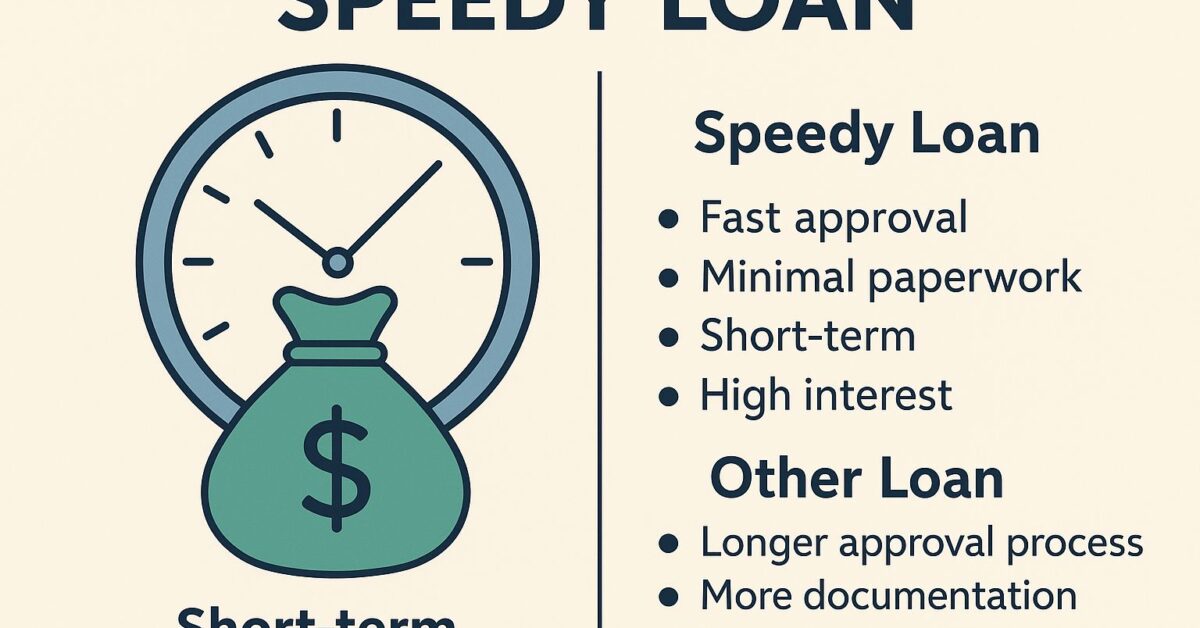


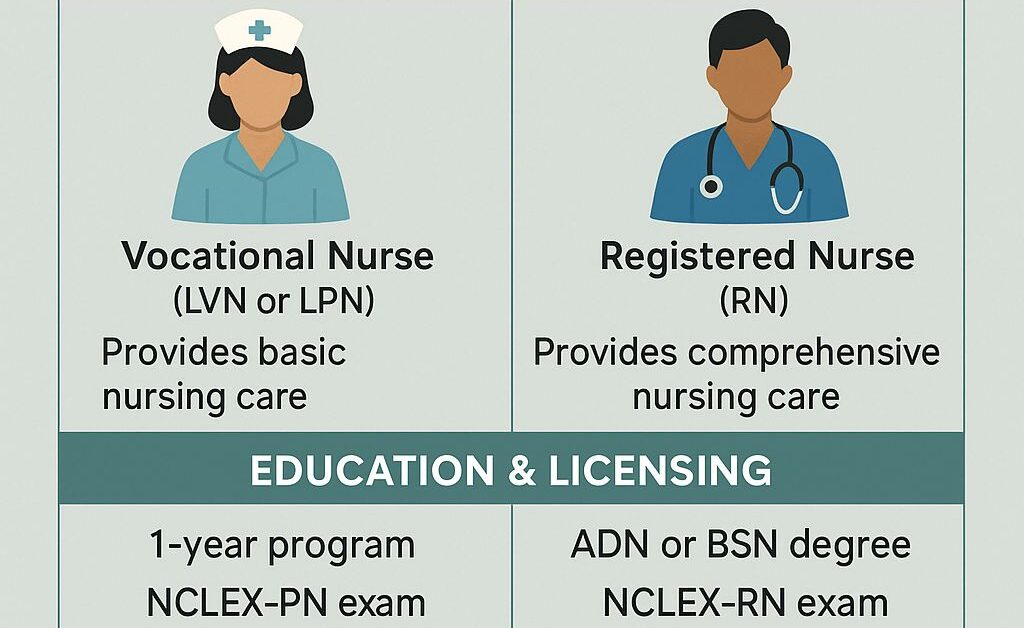

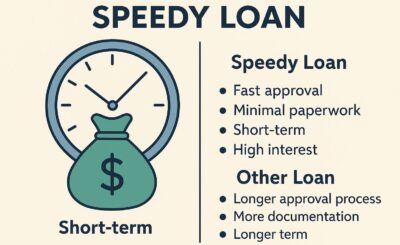


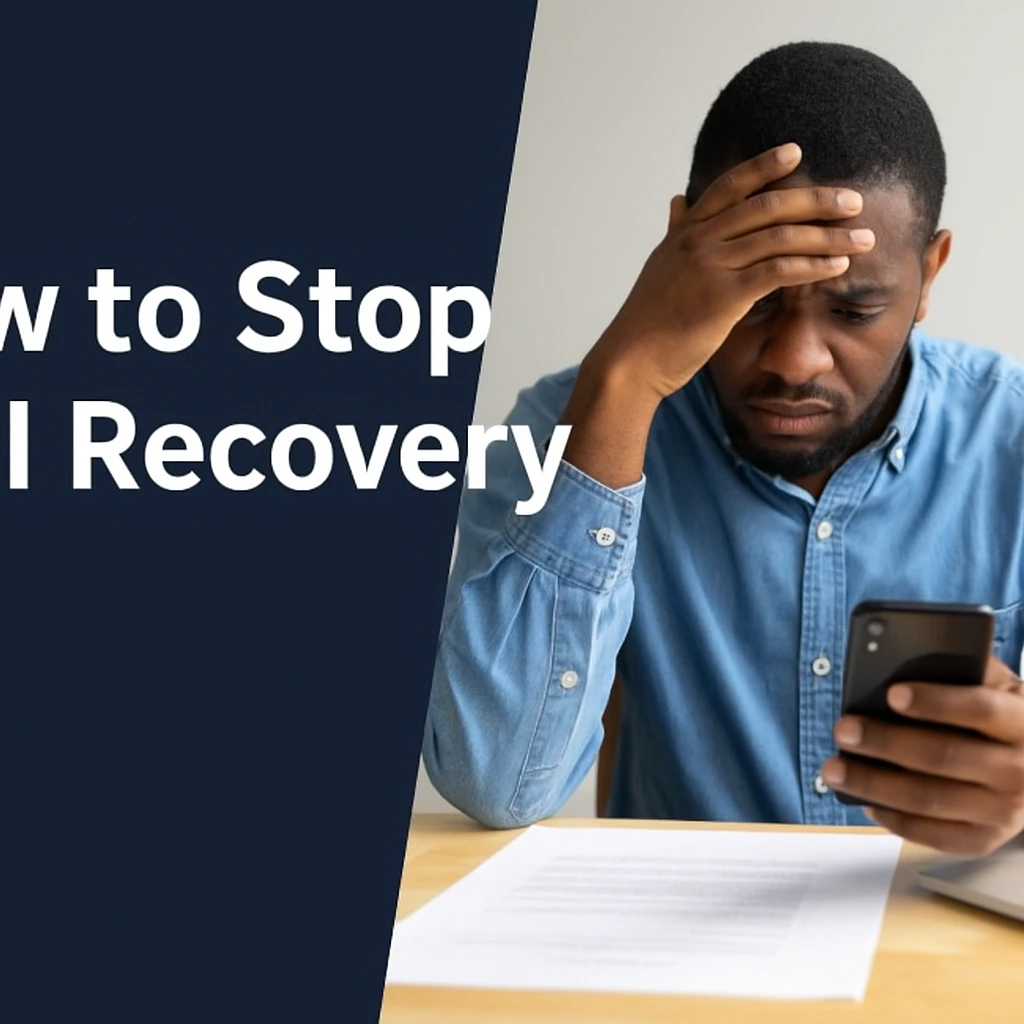
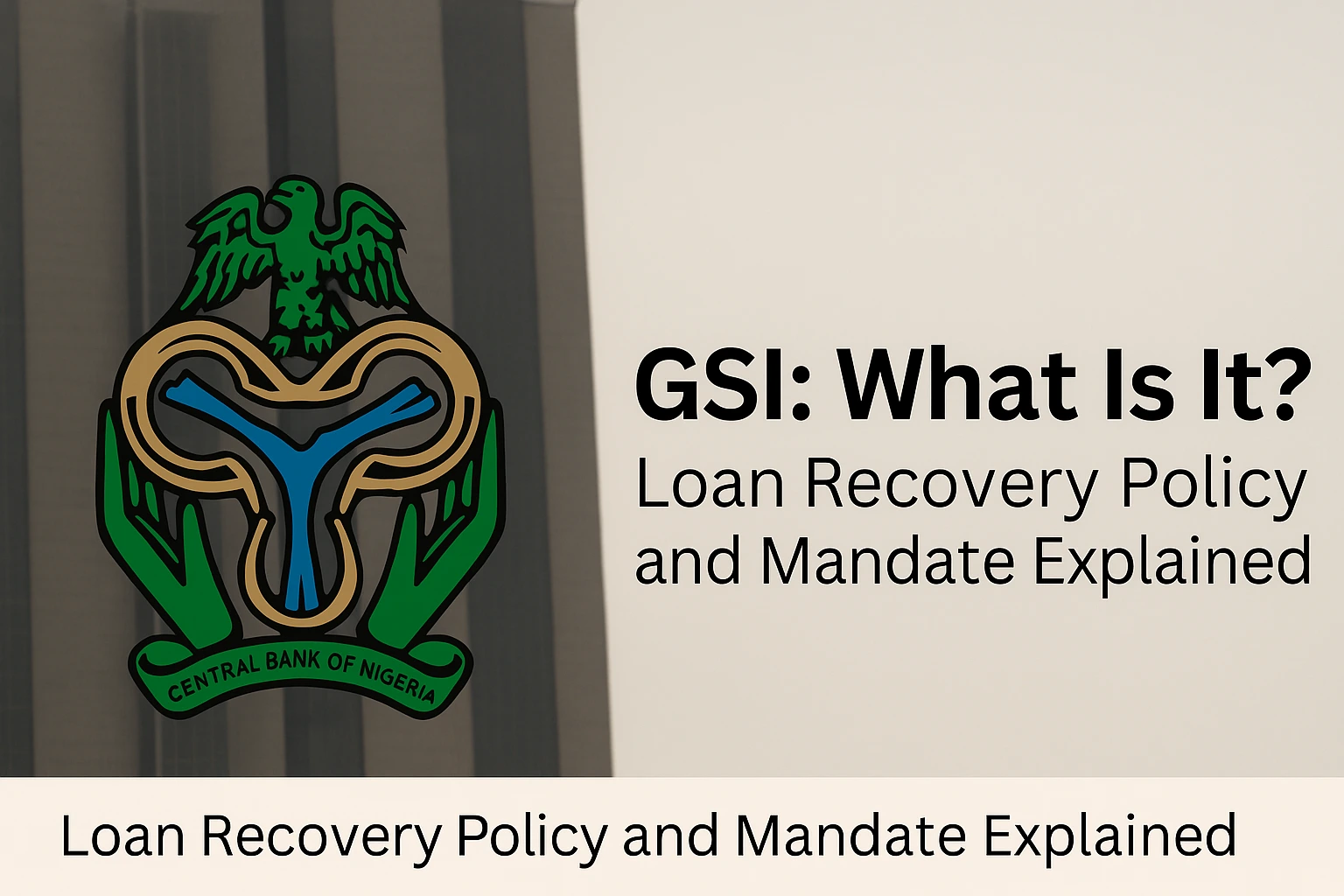
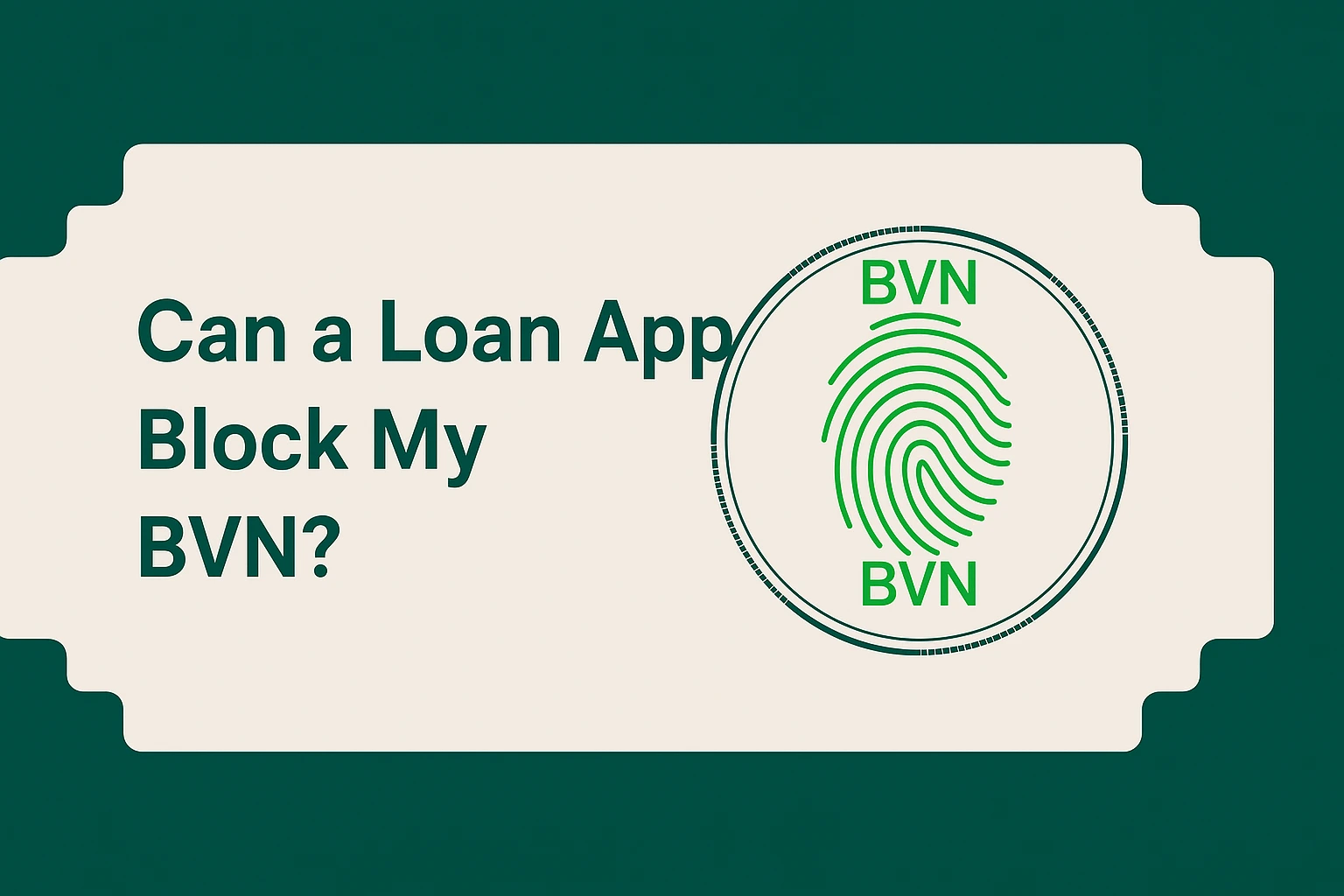
Thanks with this
God’ll blesse you bro
You are welcome.When you implement this, you will be able to stop calls from the loan app, and you won’t receive unnecessary calls from the loan app.